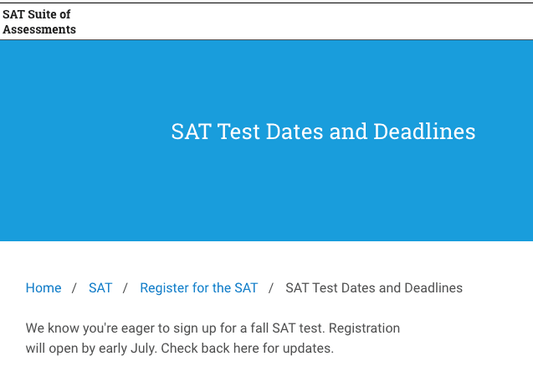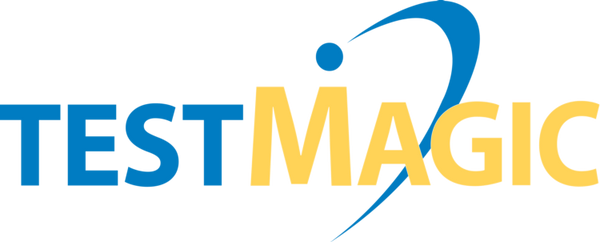TestMagic Blog: College and high school admissions

What the HSPT is, why it's important, and how t...
Overview of the HSPT or High School Placement Test, which many Catholic high schools require for admission, why it's important, and how to prepare for it.
What the HSPT is, why it's important, and how t...
Overview of the HSPT or High School Placement Test, which many Catholic high schools require for admission, why it's important, and how to prepare for it.
HSPT Test Dates for the San Francisco Bay Area ...
HSPT test dates for the San Francisco Bay Area in the USA. Updated for 2024.
HSPT Test Dates for the San Francisco Bay Area ...
HSPT test dates for the San Francisco Bay Area in the USA. Updated for 2024.

August 2021 SAT registration: No spots available
August 2021 SAT registration: No spots available for many, including San Francisco Bay Area test-takers.
August 2021 SAT registration: No spots available
August 2021 SAT registration: No spots available for many, including San Francisco Bay Area test-takers.

When will registration for the August 28, 2021 ...
Registration for the August 2021 SAT is slated to be available 'by early July'.
When will registration for the August 28, 2021 ...
Registration for the August 2021 SAT is slated to be available 'by early July'.

Writing the hardship essay for your college app...
Candid advice about writing your hardship essay for your college application: Advice, tips, and examples.
Writing the hardship essay for your college app...
Candid advice about writing your hardship essay for your college application: Advice, tips, and examples.

Your college essay: I don't know what to write!
An overview on how to come up with a topic for your college admissions essay.
Your college essay: I don't know what to write!
An overview on how to come up with a topic for your college admissions essay.
